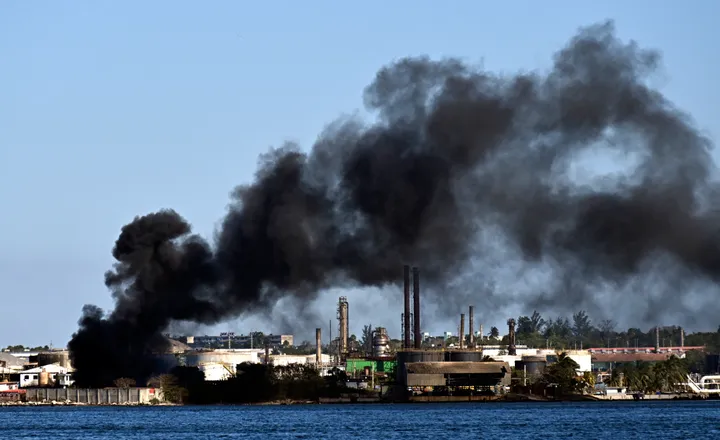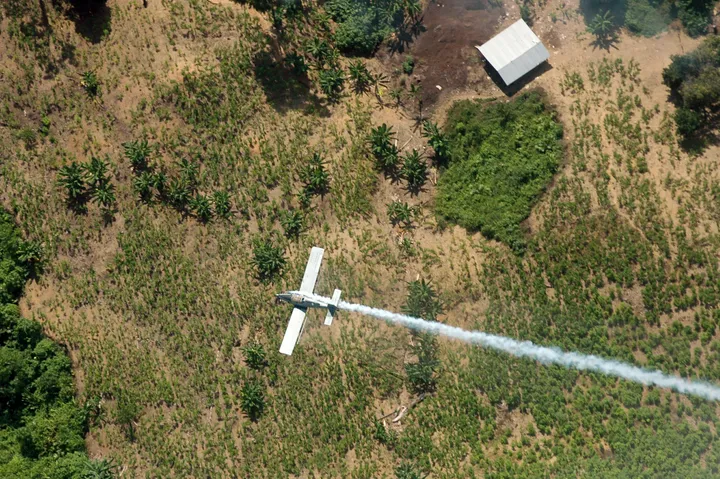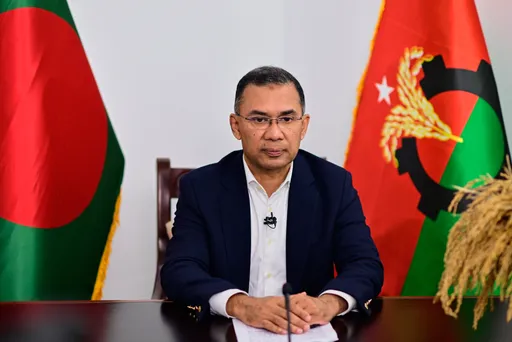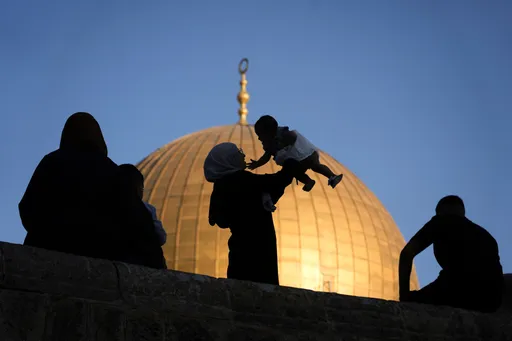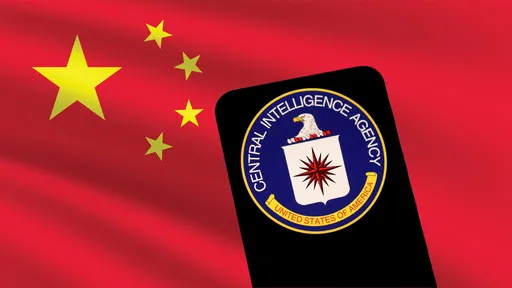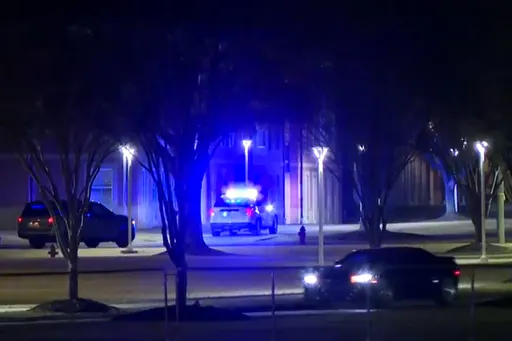India’s Supreme Court has said that Jammu and Kashmir’s sovereignty was ceded completely to the country after the state’s accession in 1947.
Chief Justice Dhananjaya Yeshwant Chandrachud’s remarks on Thursday came as the country’s top court hears petitions challenging legislation that stripped Jammu and Kashmir of its statehood and special status on August 5, 2019, the Press Trust of India (PTI) reported.
“One thing is very clear — that there was no conditional integration of Jammu and Kashmir with India,” Chandrachud said in his oral observation as the hearing of the case was going on before the constitutional bench.
“The surrender of sovereignty was absolutely complete. Once sovereignty was absolutely vested in India, the only restraint was on the power of parliament to enact laws (in respect of the state),” he noted.
“We cannot read the post Article 370 Constitution as a document which retains some element of sovereignty in Jammu and Kashmir,” he stressed.
Following the independence of India and Pakistan from British rule in 1947, Jammu and Kashmir’s Hindu king, Maharaja Hari Singh, agreed to accede to India that year.
Repealing special status
On August 5, 2019, India repealed the special status under Article 370 of its Constitution, which allowed Jammu and Kashmir its own Constitution, flag and two-house legislature that could frame its own laws.
Article 35A was also scrapped, which had allowed the region to define its residents and barred outsiders from buying properties or taking up government jobs. Meanwhile, the state was divided into two centrally ruled union territories, now called Jammu and Kashmir and Ladakh.
The Muslim-majority region of Kashmir is claimed by both Pakistan and India in full, but each administers only part of it.
Islamabad says New Delhi's 2019 move is illegal and has since downgraded diplomatic ties and halted trade.
The hearing of the petitions filed by several individuals, groups and political parties will resume on Tuesday.

